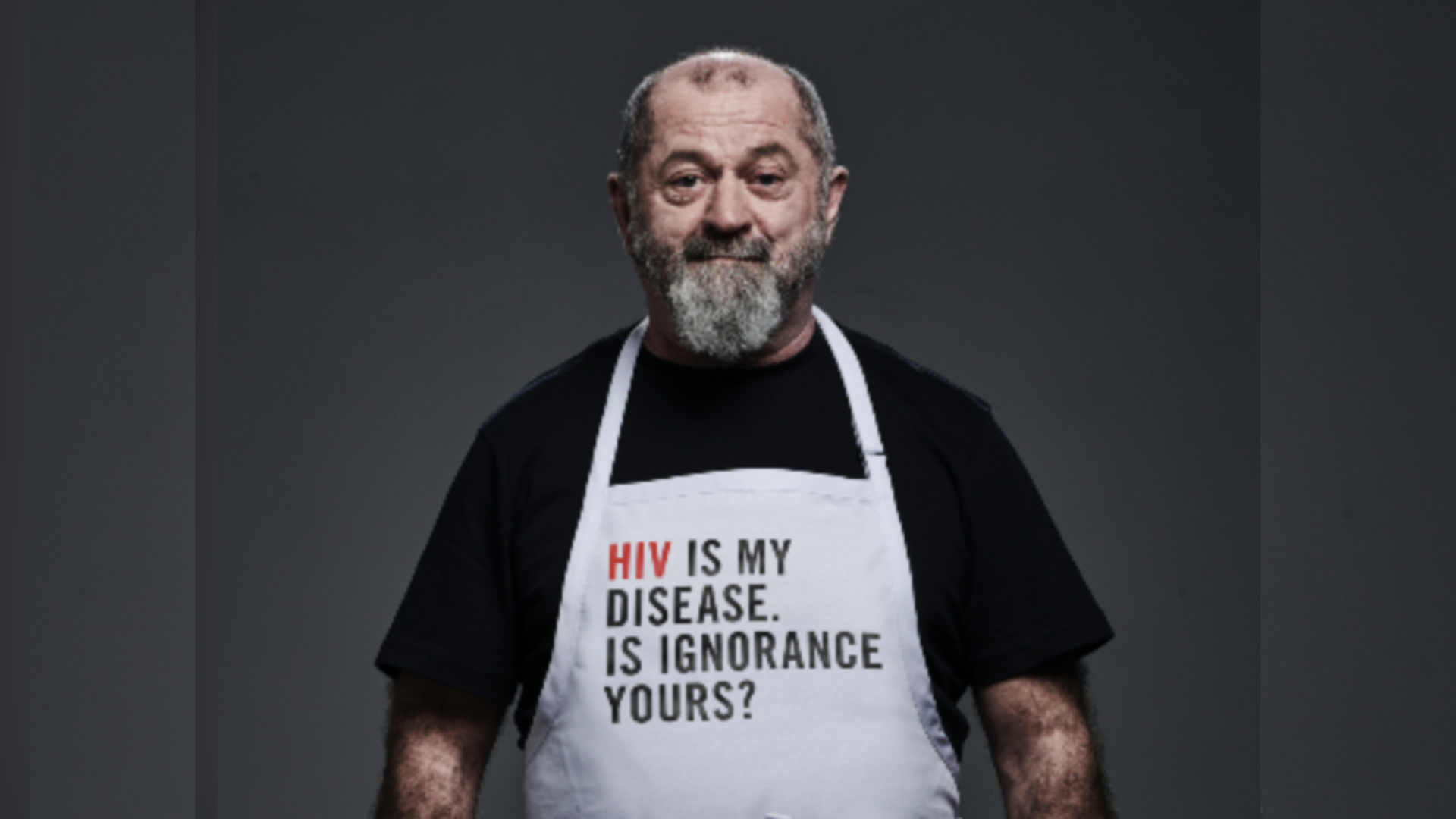hiv rates rising in canada: how canfar and partners aim to end epidemic by 2025
between 2021 and 2022, rates of new hiv diagnoses rose by 24.9 per cent, the highest rise of new cases in over a decade.
hiv positive: the fight continues for better testing, access to care and overall outcomes
individuals living with hiv not only deal with the complexities of managing their health but also shoulder an unequal burden that includes issues like poverty, depression, mental health struggles and substance use.
what it feels like: 'it was my job to fight' after hiv diagnosis
"i decided that it was my job to fight," chef allan said, in the face of his hiv diagnosis. "i didn't want to die in my 30s. i love life. i was a good person."
 8 minute read
8 minute read




